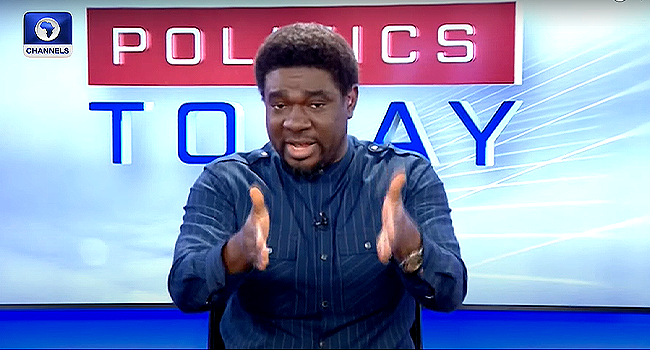By Yakubu Uba
The Trade Union Congress (TUC), has attributed the prevailing high cost of petrol primarily to the devaluation of the naira, rather than the removal of the petrol subsidy in May 2023.
TUC President, Festus Osifo, who made the submission during an interview on Channels TV, Politics Today show, argued that petrol would have been selling at around N350 per litre if the naira had not been devalued, noting that “the ultimate elephant in the room is devaluation.”
Osifo said the current official exchange rate of N1,600/S is unsustainable and has led to an increase in fuel prices.
Osifo, who is also the President of the Petroleum and Natural Gas Senior Staff Association of Nigeria (PENGASSAN), pointed out that, despite recent increase in petrol pump price, the Nigerian National Petroleum Company Limited continues to provide subsidies by absorbing the difference since the pump price is not market reflective.
To solve this problem, the TUC President called for the granting of a special exchange regime to the national oil company to enable it meet its mandate of providing national energy security.
“If you give a special rate to NNPC, you don’t need to pay for subsidy anymore,” Osifo said, citing the example of Dangote Refinery, which was granted a special rate to sell petrol.”
According to him, the special rate would enable marketers to purchase petrol from Dangote Refinery at a reduced rate, leading to a decrease in fuel prices.
He, however called on the Central Bank of Nigeria (CBN) and the Nigeria Customs Service (NCS) to grant NNPC Ltd. a special foreign exchange rate, saying that the “special rate would significantly lower the cost of petrol importation and gradually reduce fuel prices across the country.”
He argued that “if NNPCL is granted a special forex rate of about N1000/S, the cost of petrol importation will crash, and fuel prices will drop to around N600. per litre”.
The call by Osifo has raised need for greater scrutiny and performance appraisal thus far of the managers of Nigeria’s economy and foreign exchange matrix.
